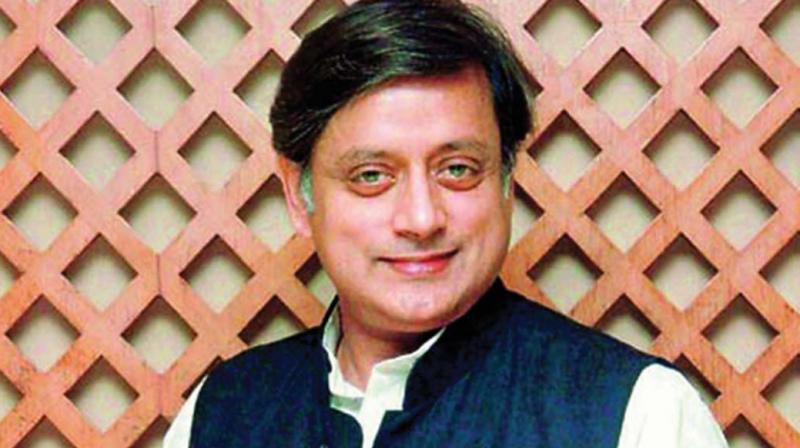MPs not frequenting their constituencies have rough time: Shashi Tharoor
Tharoor, though, pointed towards only MPs from the BJP and those from northern India in support of his contention.

New Delhi: Parliamentarians who have a slightly different relationship with their constituencies and are less frequently seen there has a rough time, according to Congress MP Shashi Tharoor.
Speaking at a conclave here Thursday, Tharoor, who has been elected to the Lok Sabha from Thiruvananthapuram in Kerala thrice in a row since 2009, said he believes he has done his job properly and that is the reason why people have reposed faith in him.
After the recent Lok Sabha elections results, critics attributed the loss of Congress leader Rahul Gandhi from his family's pocket borough Amethi to his disconnect with the voters of that constituency.
Tharoor, though, pointed towards only MPs from the BJP and those from northern India in support of his contention. "MPs, particularly those from the north, who have a slightly different relationship with their constituencies and are less frequently seen there has a rough time," he said. "They are the ones who can perhaps win only in Narendra Modi's name and they do, like this time. But for most of us what differentiates us is precisely the work we do in our constituencies," he said.
He said people re-elected him as they believe that he has done his job properly. "People have seen me, seen me attending to their needs and that's why they have trusted and voted for me." Tharoor was speaking on the topic "Clients and Constituents: Political Responsiveness in Patronage Democracies" which is also the title of a book by academician Jennifer Bussell.
The third edition of the South Asia Conclave organized by Oxford University Press witnessed researchers, policymakers, bureaucrats, academicians, and journalists from debating contemporary ideas that define modern South Asia.
The conclave closely examined the key issues impacting the region, such as political challenges related to ethnic and religious diversity, identity politics, ethnic violence, terrorism, separatism, governance, economic growth, gender consciousness, national security, changes in culture and social structure as well as the significance of diaspora.

